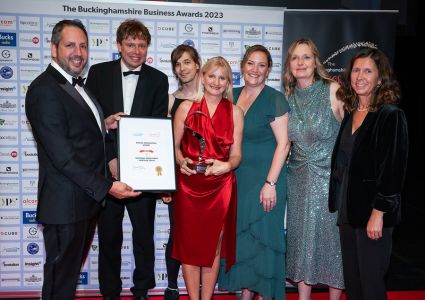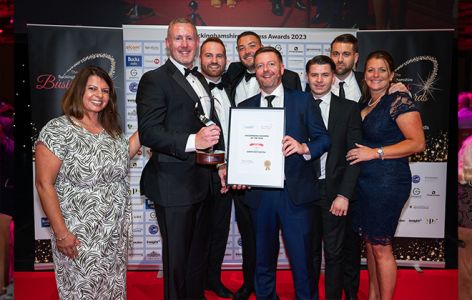- By Buckinghamshire Business First
- 23 October, 2014
Share by email
If you are self-employed, or receive income from sources other than your job, such as investments, you will know how hard it can be to keep on top of your records, especially when it comes to taxes. Read the valuable information that can help you save time, money and a letter from HMRC.
Complete your tax return ASAP
When the tax year ends, file your return. It sounds easy, but many fail to do so and miss out on the benefits. By completing your tax return promptly, you will avoid fines for a late return and will also receive any tax due to you via a rebate sooner.
Be prompt and reap the rewards
If you get paid via PAYE, completing your tax return by 30 December 2014 can be very beneficial. It will ensure that your tax is ‘coded out’, meaning that instead of paying your tax in one lump sum at the end of January, you will pay out in instalments over the next year.
Remember your bank interest
When filling out your tax return, you need to declare information on all of your income streams, not just the business ones. Be sure to include the interest your bank charges on all of your accounts, excluding ISAs. This is information that the banks and HMRC share, so make sure it matches up.
Charitable? Tell HMRC
If you have made a charitable donation in the last tax year, make a note of it. You could get up to 30% gross tax relief if you donated to a registered charity. Restrictions apply, but it is worth checking out. When you donate, claim gift aid on the amount and keep a copy on file.
Claim tax credits
You may well be eligible for tax credits, and it will only take a matter of minutes to find out. HMRC’s tax credit calculator will let you know instantly whether you are eligible to make a claim.
If you receive an enquiry letter, stay calm
HMRC will sometimes make random enquiries as well as ones based on incorrect information, so just getting a letter through the post may not be the end of the world. Ask a professional advisor if you are worried about what HMRC have sent you.
Keep a record of every expense
You should record everything you spend money on, no matter how small it is. There are many things self-employed people can claim for and some of them may surprise you. If there is an expense you incur for work, ask an advisor if you can make a claim. Getting into the habit of recording everything also helps with bookkeeping.
Stay on top of your records
A clear and complete tax return will give you the best chance of returning accurate information, and therefore making the whole process as smooth as possible. If you fall behind it can be difficult to catch up, especially having to remember expenses from months ago. You will have peace of mind that you have all the information you could ever need should a tax enquiry be made.
You can find more information on taxes and the organisations that can support you on the Buckinghamshire Business First support tool. Click on ‘Red Tape’, then ‘Tax, VAT, Regulatory Bodies’.







